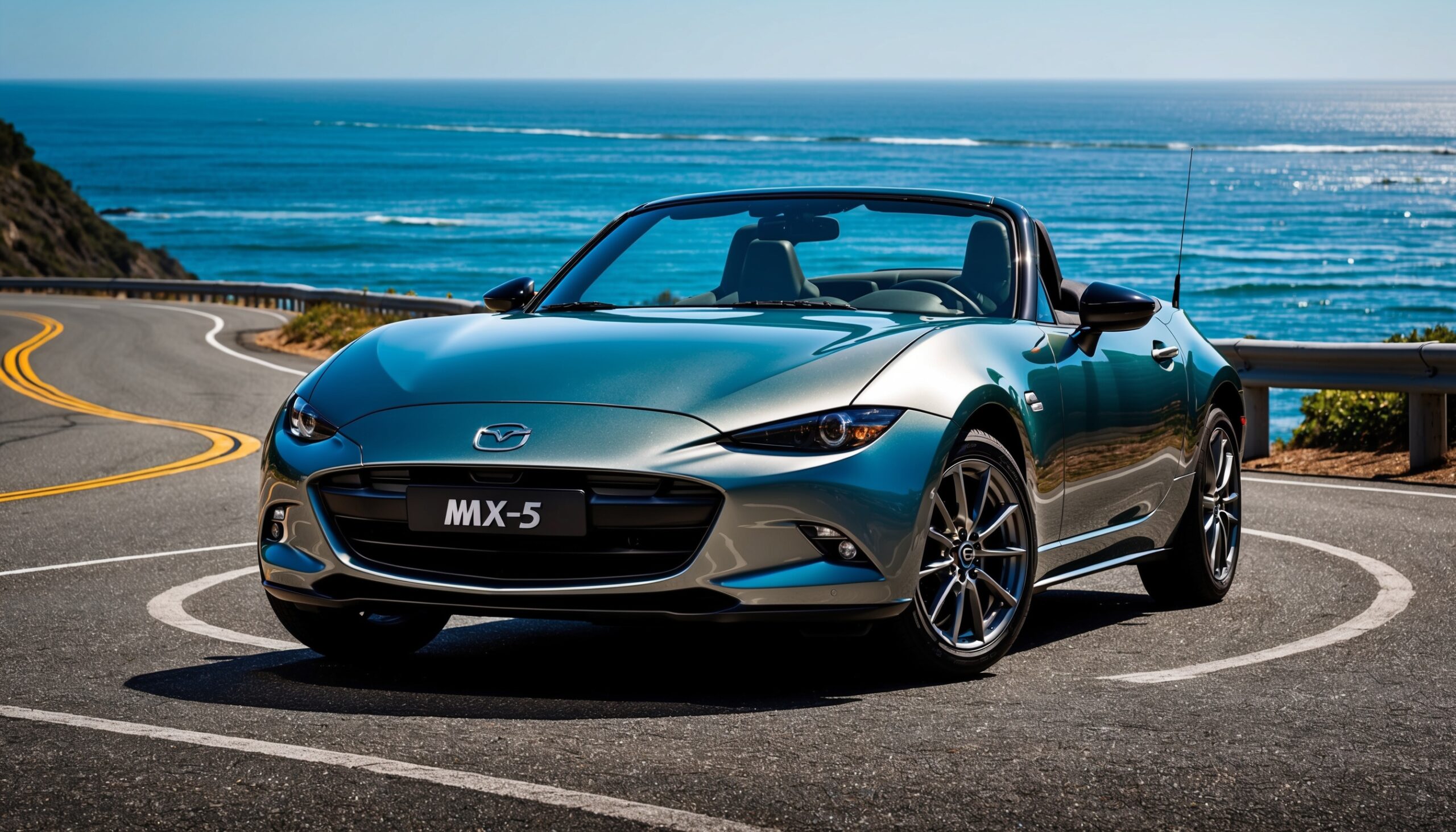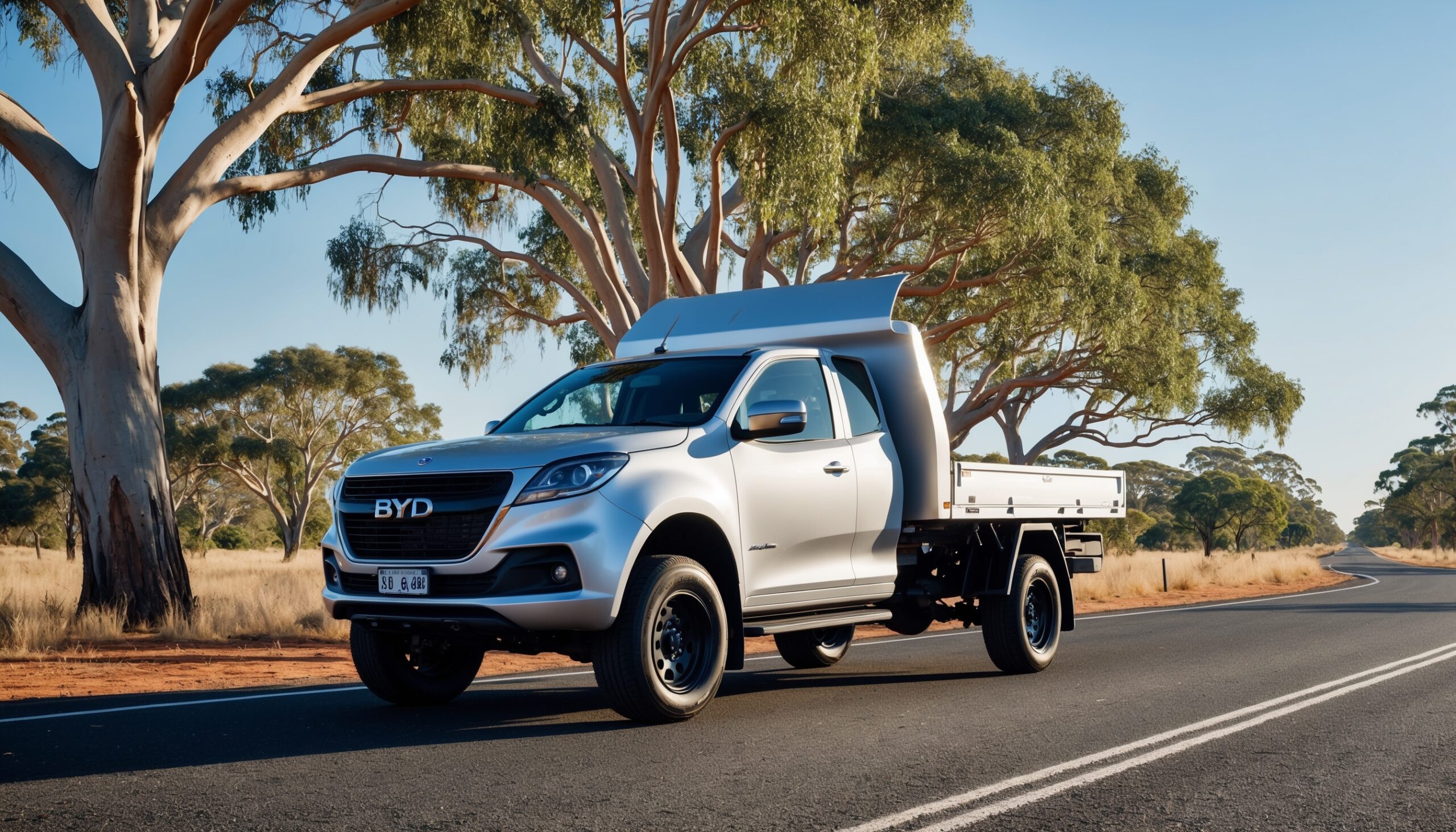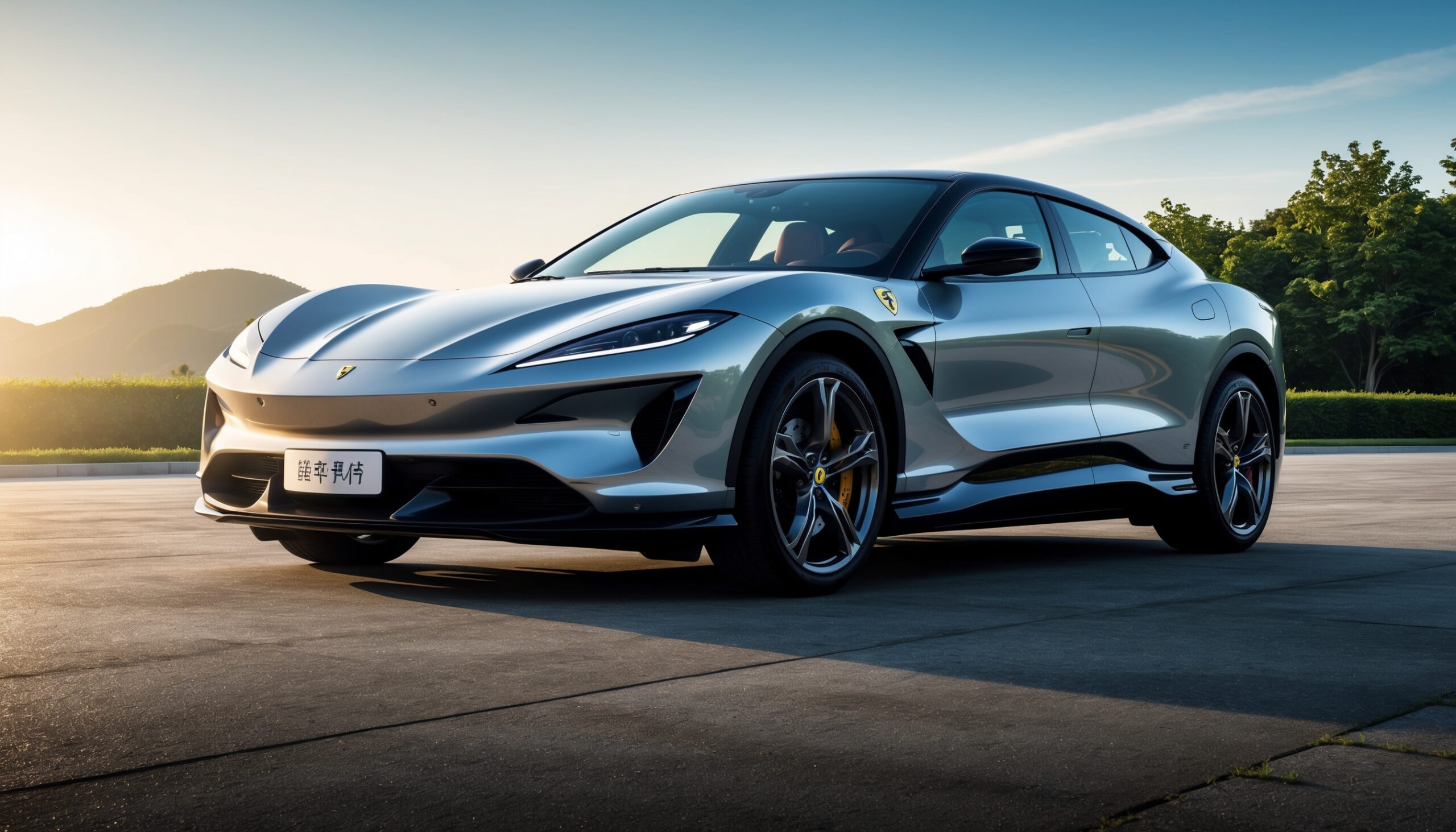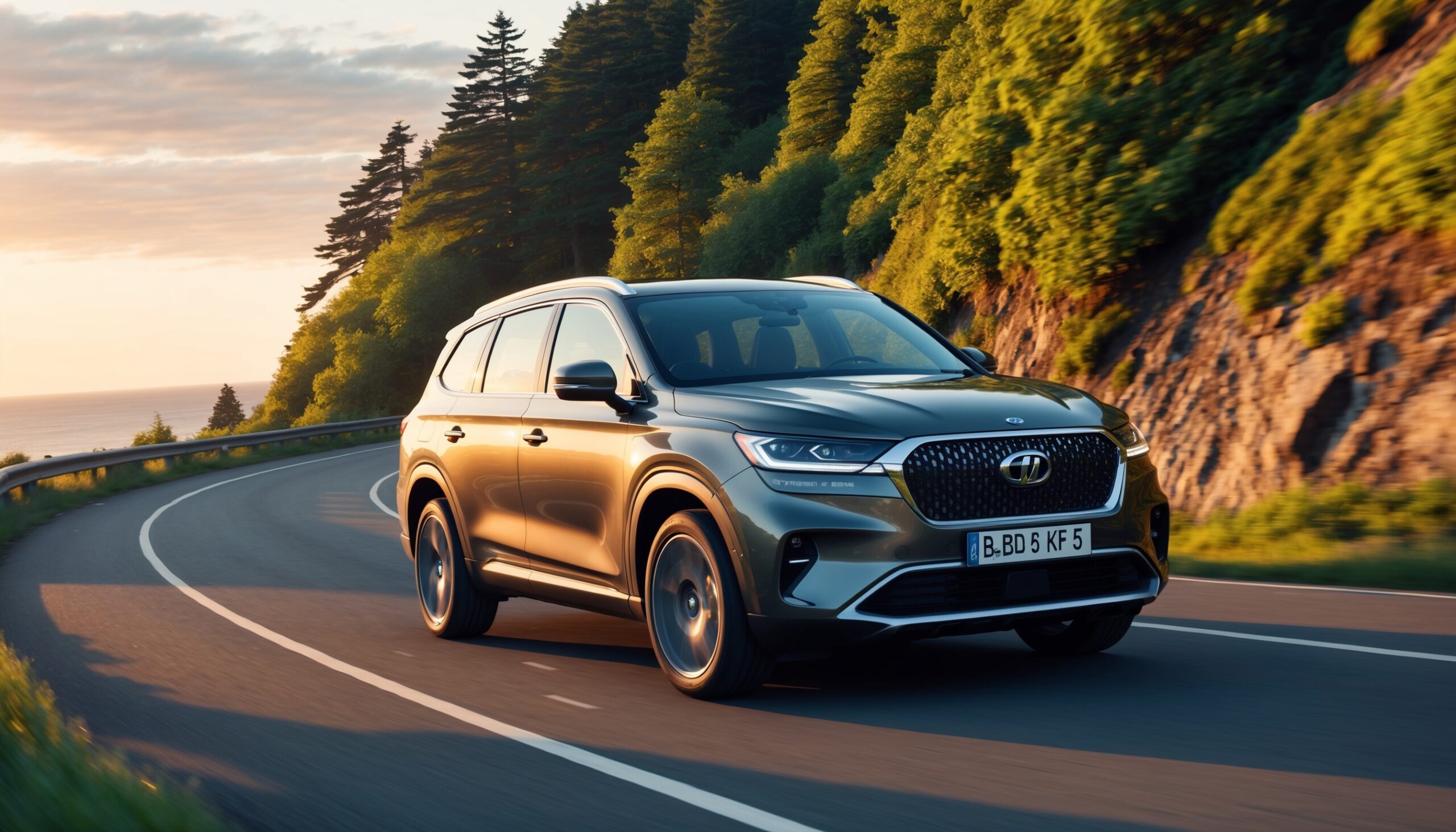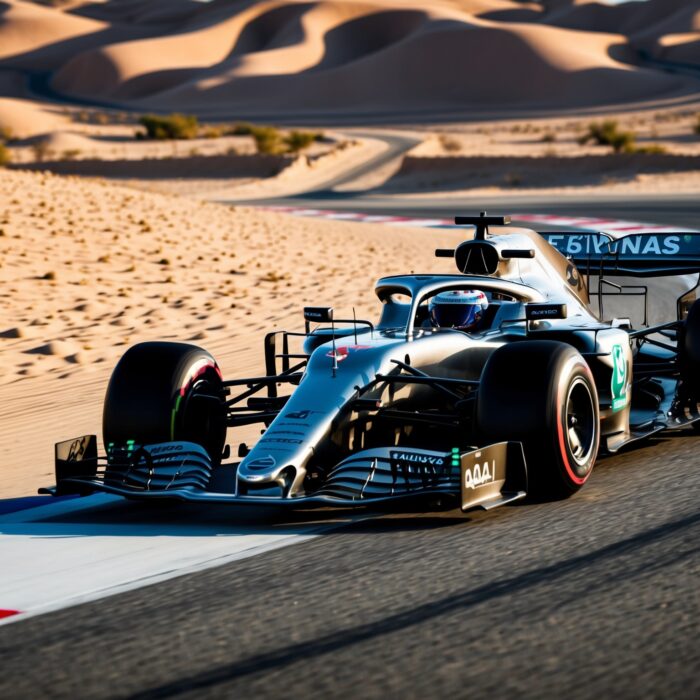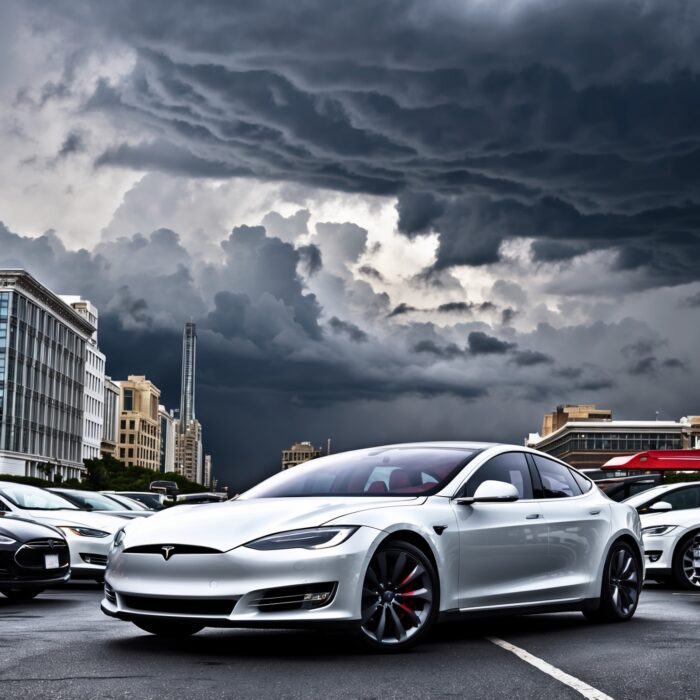Why Car Companies Crush Their Perfectly Good Concept Cars
As car enthusiasts, we often find ourselves drooling over the sleek lines and futuristic designs of concept cars. These prototypes are a glimpse into the future of automotive innovation, showcasing what manufacturers envision for tomorrow’s roads. Yet, it’s a tragic reality that many of these stunning creations end up being crushed, dismantled, or otherwise destroyed. This raises a haunting question: why do car companies crush their perfectly good concept cars? Let’s dive deep into the fascinating world of automotive design, corporate strategy, and the harsh realities of the car industry.
The Allure of Concept Cars
First, let’s take a moment to appreciate what concept cars are all about. They’re not just pretty faces; they represent bold ideas and cutting-edge technology. Concept cars serve various purposes:
- Testing public reaction: Before manufacturers decide to bring a vehicle to production, they often unveil concept cars at auto shows to gauge consumer interest.
- Showcasing technology: These vehicles often incorporate groundbreaking technology that might not yet be ready for mass production.
- Brand identity: A striking concept car can help define a brand’s image, signaling innovation and creativity to potential buyers.
Despite their potential, many concept cars never make it to the showroom floor. Instead, they become victims of corporate decisions. But what leads to the crushing of these automotive dreams?
Also Read: This forgotten SUV just became one of the hottest used cars overnight
1. Cost of Production
One of the most significant reasons car companies crush their concept cars is the cost associated with bringing them to production. Just because a vehicle looks great as a prototype doesn’t mean it’s feasible to manufacture. Here are a few financial factors at play:
- Expensive materials: Many concept cars use high-end materials that are impractical for mass production due to cost constraints.
- Complex engineering: The innovative designs often require complicated engineering that can significantly raise production costs.
- Market demand: If consumer interest doesn’t justify the investment, companies may decide against production.
In short, while a concept car may dazzle on the show floor, the financial realities may lead manufacturers to conclude that it simply isn’t worth the investment.
2. Market Trends and Consumer Preferences
The automotive market is constantly evolving, and consumer preferences can shift dramatically in a short time. A concept car that seems groundbreaking today might feel outdated by the time it’s ready for production. Consider the following:
- Shifting demographics: The rise of eco-conscious drivers has led to a demand for electric and hybrid vehicles, rendering some concept cars irrelevant.
- Innovative competitors: If a rival company releases a similar vehicle first, the original concept may lose its appeal.
- Changing regulations: New safety and emission regulations can make once-promising concepts unviable.
When market trends shift, car companies must adapt quickly. If a concept car no longer aligns with what consumers want, it’s often more cost-effective to crush it than to modify it for production.
3. Brand Strategy and Image
Branding plays a crucial role in the automotive industry. Car manufacturers must carefully curate their image, and sometimes, this means letting go of certain concept cars. Here’s how brand strategy can lead to the destruction of a concept:
- Inconsistent branding: A concept that doesn’t align with the brand’s established image may be seen as a liability.
- Changing leadership: New executives may want to shift the company’s direction, leading to the abandonment of previous projects.
- Focus on core products: Companies often prioritize their best-selling models, leaving little room for experimental concepts.
In essence, if a concept car doesn’t fit the narrative a brand is trying to create, it may be deemed unworthy of production, despite its potential.
4. Legal and Safety Constraints
Automobiles are subject to a myriad of regulations that ensure safety and environmental compliance. Concept cars often push the boundaries of innovation, which can lead to legal challenges:
- Safety standards: Many concept cars are not designed with the rigorous safety standards required for production vehicles, making them difficult to bring to market.
- Intellectual property issues: Features that are too avant-garde may infringe on existing patents or require complex licensing agreements.
- Environmental regulations: As governments push for stricter emissions standards, some concepts may not be able to meet these requirements.
When a concept car fails to comply with legal and safety constraints, manufacturers might find it easier to crush it rather than spend time and resources making it compliant.
5. Production Capacity and Resource Allocation
Car manufacturers have finite resources, and they must allocate them wisely. The decision to crush a concept car can be influenced by:
- Production capacity: If a company is already operating at maximum capacity with existing models, adding a new vehicle may not be feasible.
- R&D focus: Companies often prioritize research and development on vehicles that align with their strategic goals, leaving little room for experimental concepts.
- Supply chain issues: With disruptions in the supply chain, it might not be possible to source the materials needed for a new production model.
Ultimately, if a concept car doesn’t align with current production capabilities, it may face the grim fate of destruction.

6. The Emotional Side of Crushing Concept Cars
For many car enthusiasts, the idea of a perfectly good vehicle being crushed is heartbreaking. It’s not just about the loss of a car; it’s about the dreams and possibilities that it represented. Concept cars often embody the visions of passionate designers and engineers who pour their hearts into these projects. Here are some emotional aspects to consider:
- Passion projects: Many concept cars begin as passion projects for designers who want to showcase their creativity.
- Lost potential: The destruction of a concept car often means the loss of innovative ideas that could have changed the automotive landscape.
- Fan disappointment: Enthusiasts often invest emotional energy in concept cars, leading to disappointment when they’re not produced.
This emotional aspect can sometimes lead to public outcry or fan campaigns to save a beloved concept, though these efforts rarely change corporate decisions.
7. Eco-Friendly Alternatives
Interestingly, not all concept cars meet their end in a crusher. Some manufacturers have begun to explore eco-friendly alternatives to destruction. Here are a few ways car companies are handling unsold or unused concept cars:
- Recycling: Instead of crushing a car, some manufacturers disassemble it and recycle the materials, reducing waste.
- Donations: Certain companies donate concept cars to universities or automotive museums, allowing future generations to learn from them.
- Public displays: Some vehicles are kept as part of the company’s historical collection, available for public viewing.
These eco-friendly practices reflect a growing awareness of sustainability in the automotive industry and show that there are alternatives to simply crushing a concept car.
8. The Future of Concept Cars
The automotive landscape is changing rapidly, driven by technology and shifting consumer preferences. As we look to the future, the fate of concept cars may also evolve. Here’s what we can expect:
- Increased electrification: With the rise of electric vehicles (EVs), many concept cars will likely focus on sustainable technologies.
- Enhanced connectivity: Future concepts may showcase advanced connectivity features, aligning with the growing trend of smart cars.
- Collaboration: We may see more partnerships between manufacturers and tech companies to create innovative concept cars that push boundaries.
As we witness these changes, it’s essential to keep an eye on how car companies approach the development and potential destruction of concept cars in the years to come.
Final Thoughts
While it’s disheartening to see perfectly good concept cars crushed, understanding the reasons behind these decisions sheds light on the complexities of the automotive industry. From financial constraints to shifting market trends and branding strategies, many factors contribute to this phenomenon. As car enthusiasts, we can celebrate the creativity and innovation that these concept cars represent, even if their journey ends prematurely. Remember, here at Torque Feed, we’re committed to exploring the ins and outs of the automotive world, ensuring that the stories of these incredible vehicles live on!
Also Read: This forgotten SUV just became one of the hottest used cars overnight

